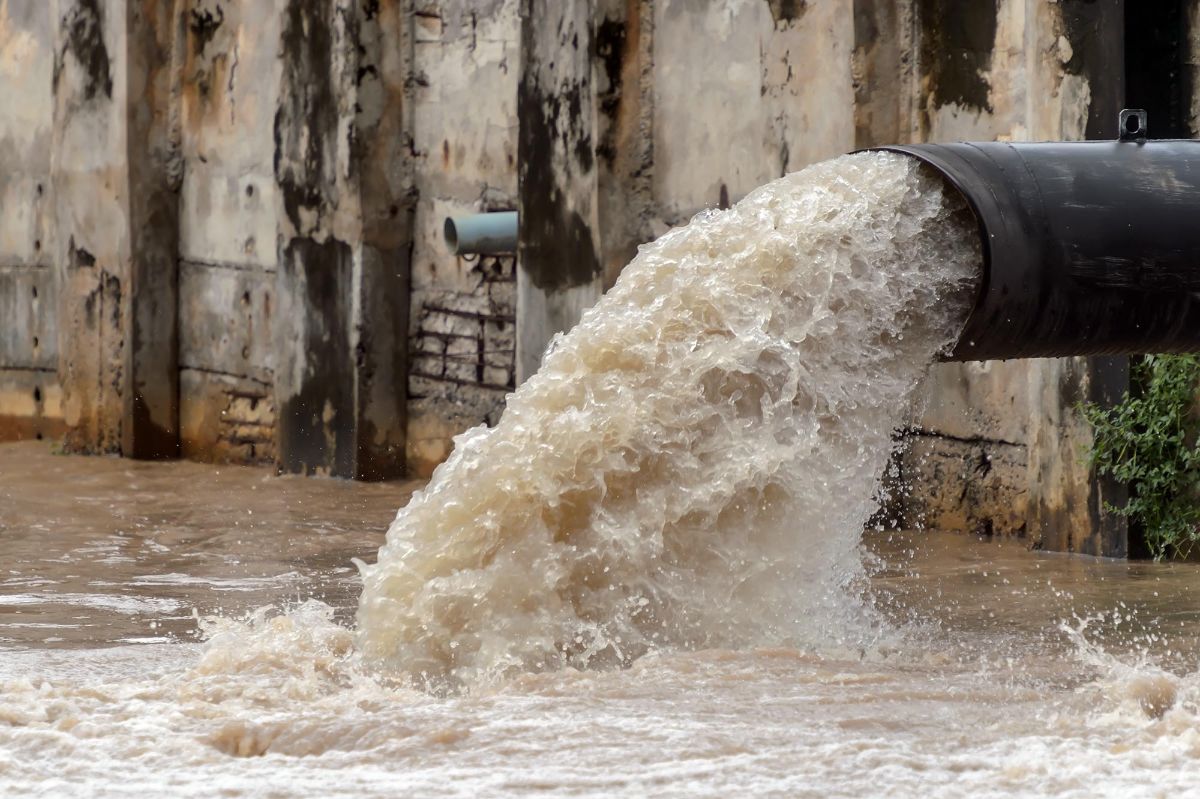What Is Sewage: Everything You Need to Know
Sewage is the general term describing raw sewage and septic tank waste. They can come in the form of wastewater consisting of urine and feces. There's also industrial wastewater and remains like sanitary towels, condoms, and plastics. Excrement is one of the biggest sources of harmful microorganisms, such as bacteria, viruses, and parasites.


